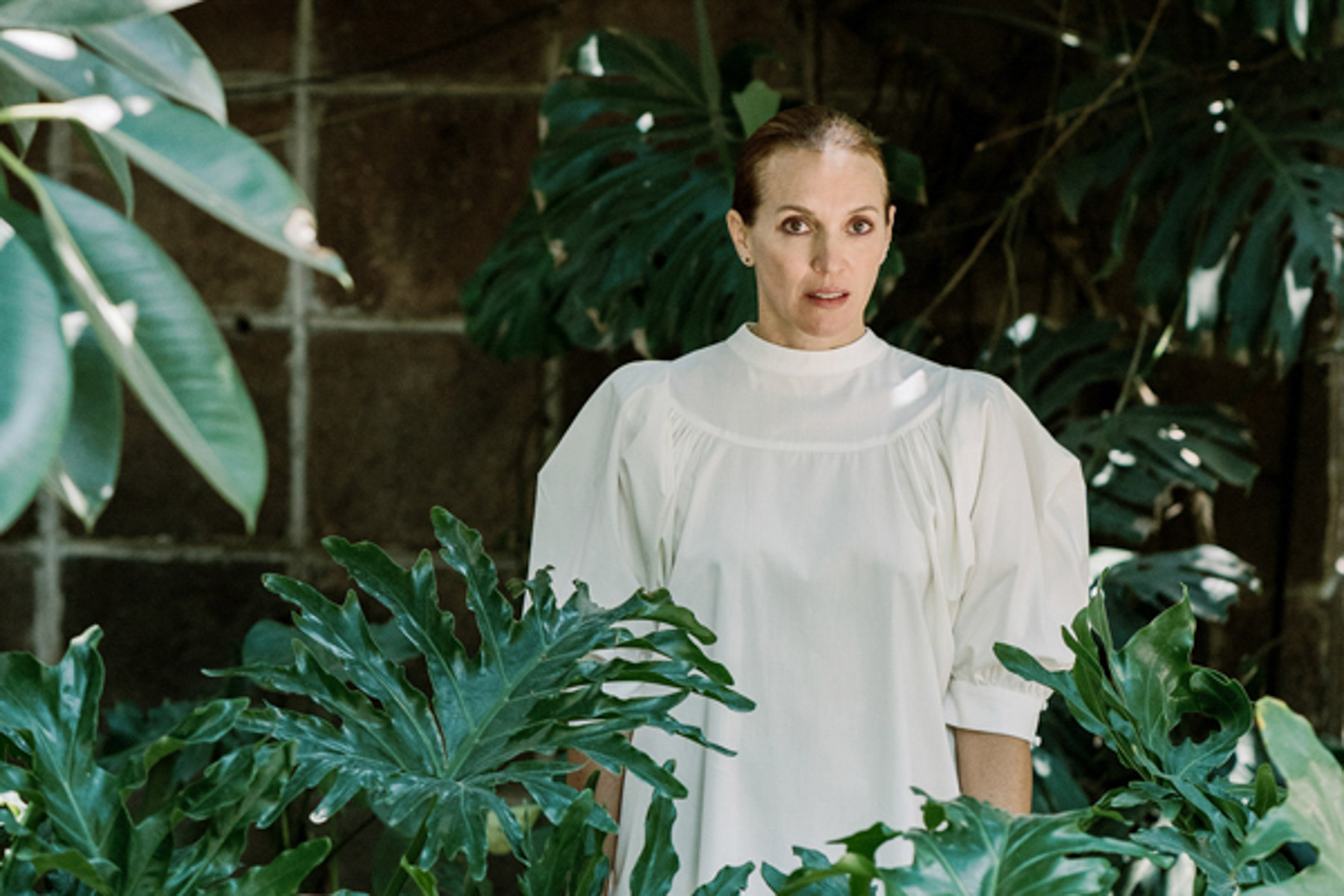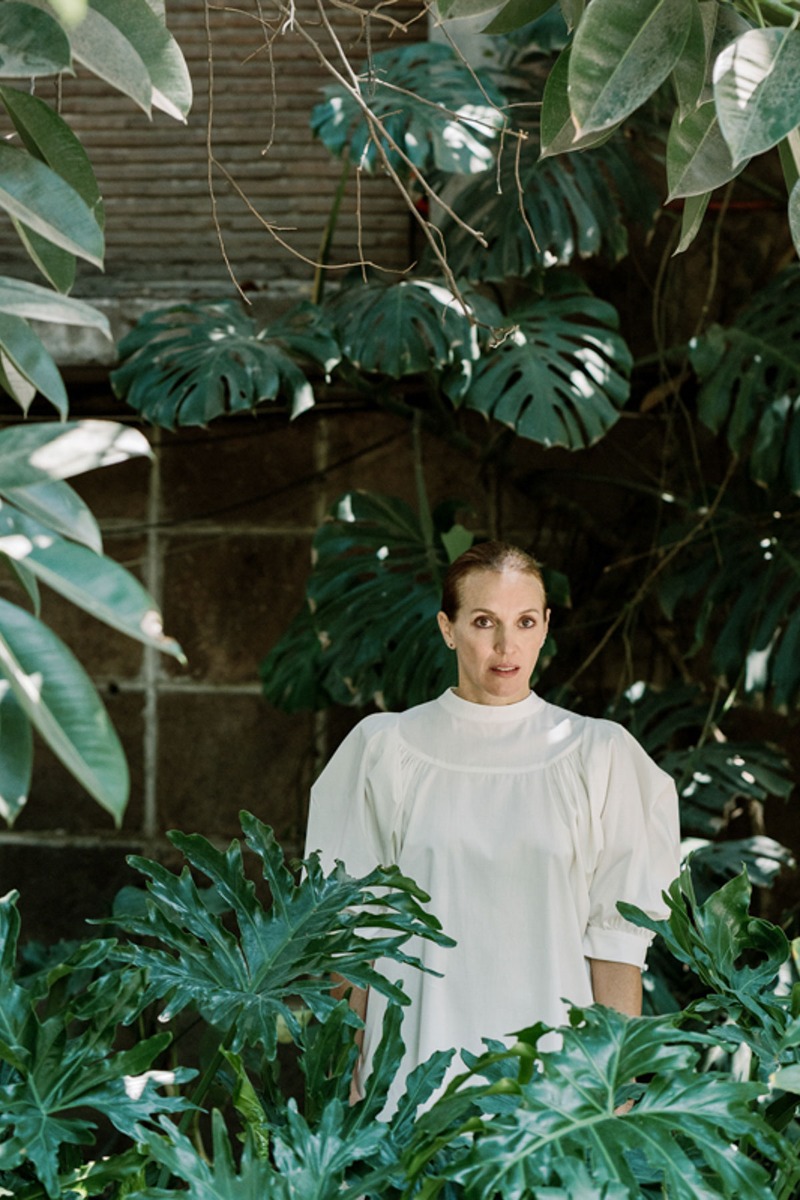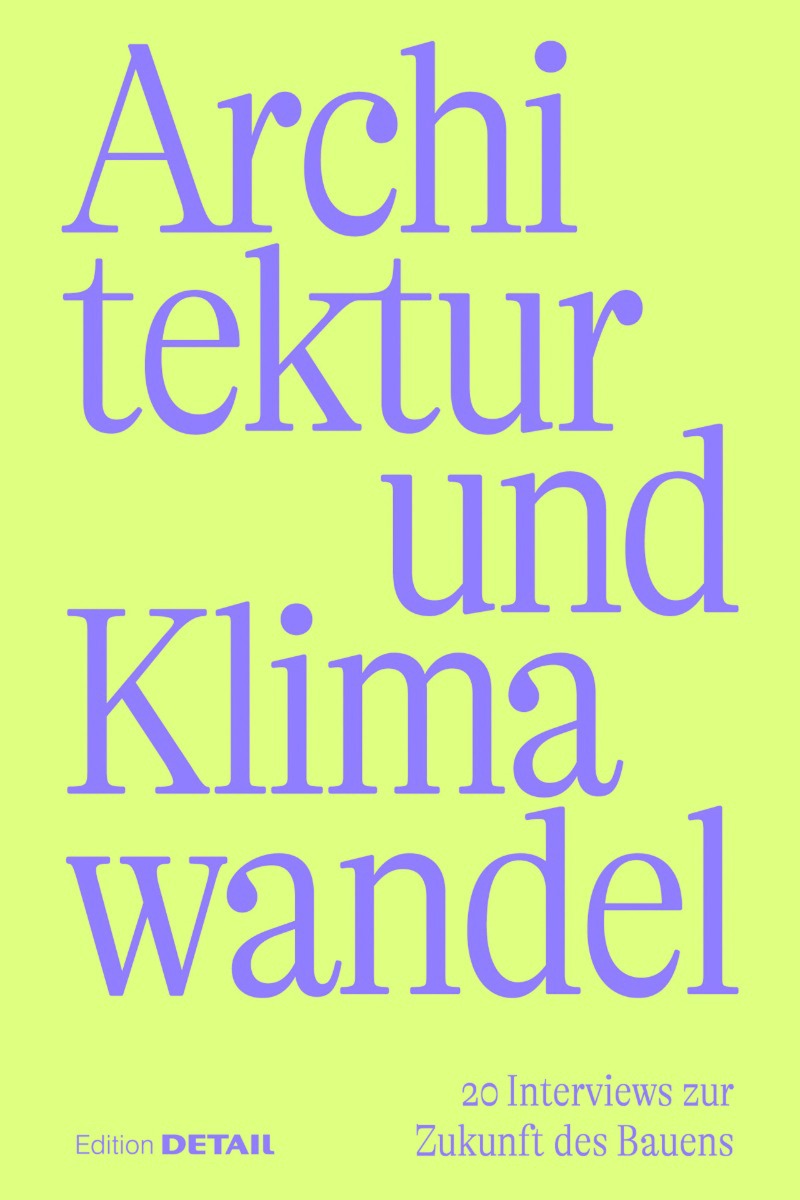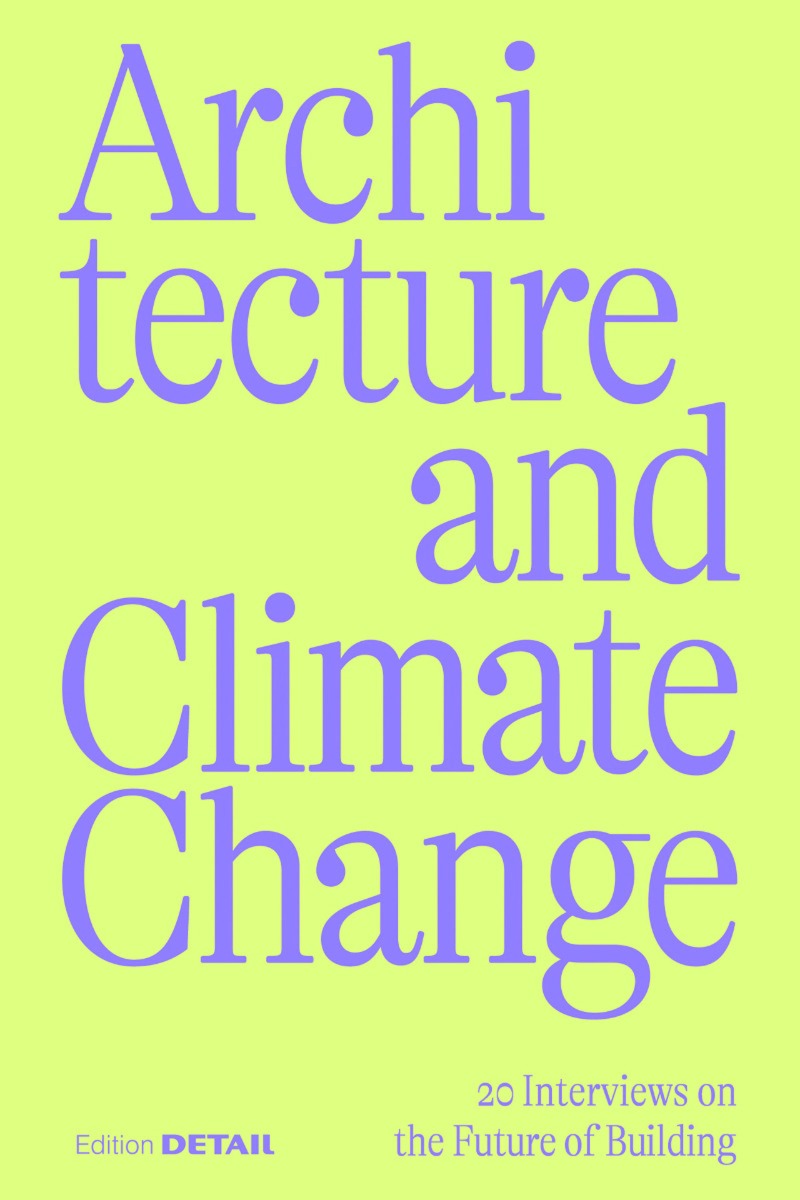Interview with Tatiana Bilbao
Climate Change as a Social Issue

Tatiana Bilbao, © Luis Garvan
For Tatiana Bilbao from Mexico City, diversity and a culture of care are needed to combat the climate crisis. In conversation with Sandra Hofmeister, she describes how architecture can help. The interview was published in the new book Architecture and Climate Change by Edition Detail.
For its general water supply, Mexico City pumps water over long distances into the urban area. But increasing droughts and climate change are causing supply shortages, and water is becoming an ever more precious resource. Are you an optimist or a pessimist, when it comes to the future of the city?
Mexico City will definitively stay. But I don’t know if we humans are going to survive in the city. Since the 1970s when it was created, the Cutzamala water supply system has pumped water from as far as the state of Hidalgo, through the mountains and into the valley of Mexico City. We are relying on other parts of the country for this basic need. Considering that Mexico City is built on a lake, the situation becomes even more crazy. For the Aztecs who once settled on its shore, it was essential for survival. But then the Spanish arrived with their own idea of how cities should be. For 300 years, they did everything they could to drain the lake. Even today in Mexico City we are living on its muddied bed, which creates major problems. We are not allowing water to infiltrate the ground, and therefore the city is sinking. We urgently need a solution for how to continue living in Mexico City. The answer is not pumping water from more distant regions until those areas go dry as well.


Architecture and Climate Change. 20 Interviews on the Future of Building, © Edition Detail, 2024
So it’s about changing how the situation is addressed in general?
We need to change society in a way that enables us to work together and understand each other. For me, fundamental social transformation is crucial for the future. We must transform our society, from a set of relationships based on productivity and monetary exchange to a culture of care – for each other and for everything that surrounds us. For this to happen, we need to radically transform our relationship to people and things.
Where do we start?
So far, we have been wasteful with resources. We have to consume them more wisely, distribute them more fairly, and take social responsibility. I don’t think we need to invent new things. We can use what already exists – but we have to use them more sensibly and responsibly.
Find out more in the new publication Architecture and Climate Change.
A look inside the book: Browse here.
Architecture and Climate Change. 20 Interviews on the Future of Building.
Editor: Sandra Hofmeister
Languages: German, English
Publication date: April, 2024
Publisher: Edition Detail, Munich 2024
Ordner now



